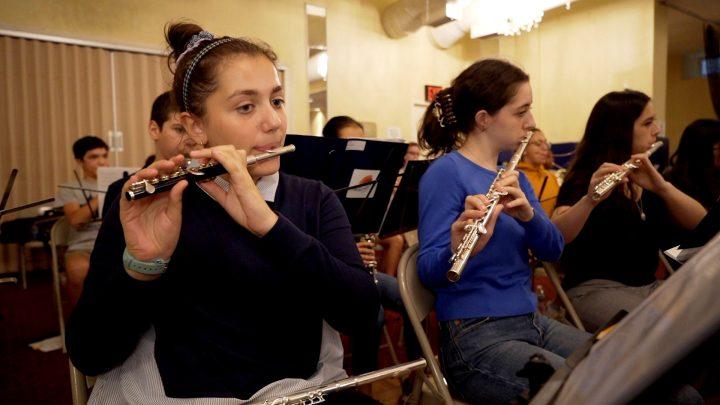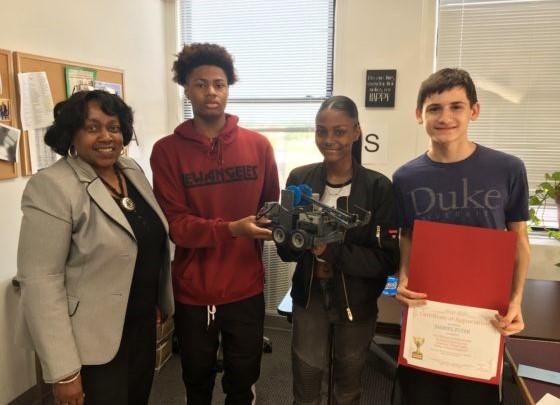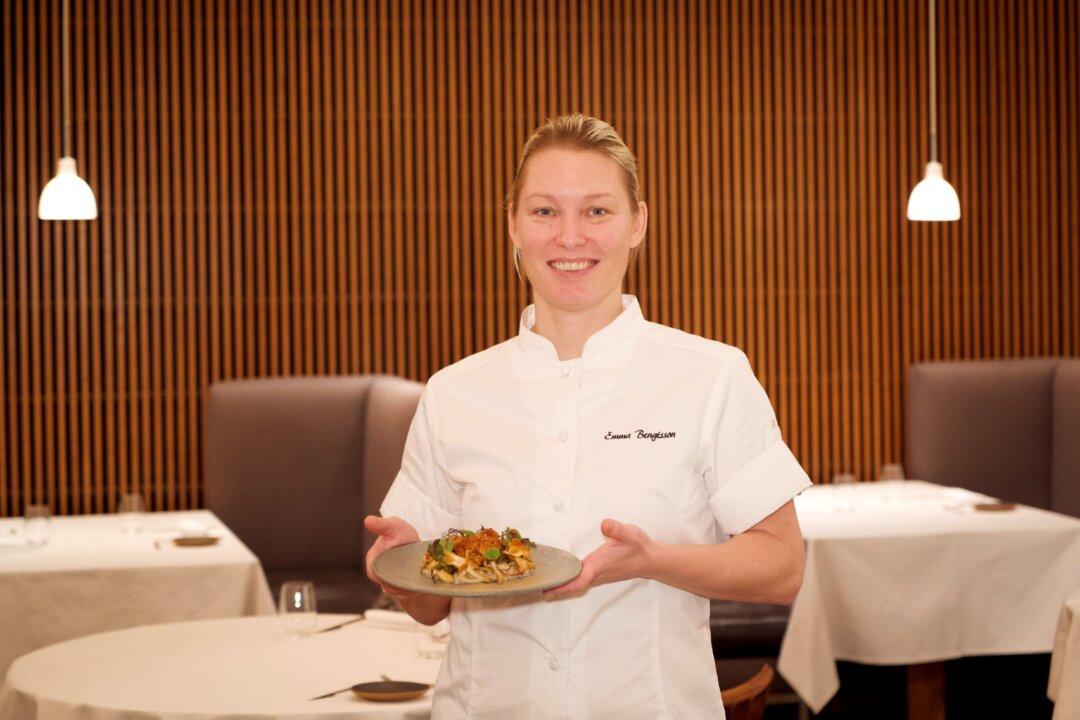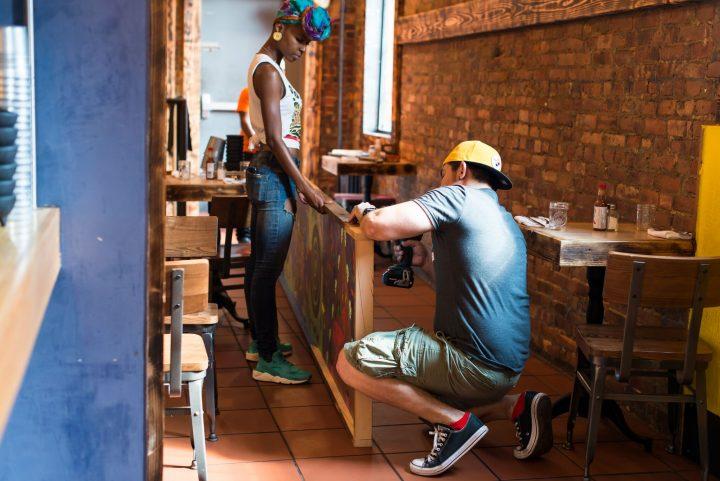It takes practice to master a musical instrument, and Karen Geer, executive director of InterSchool Orchestras of New York (ISO), has watched kids go from not knowing how to play anything, to performing an outstanding piece at shows at Carnegie Hall and beyond.
ISO, a nonprofit organization, assists more than 300 artists ranging in age from 6 to 19, who come from various New York neighborhoods. Providing mentorship and performance opportunities based on musical ability, ISO also offers financial assistance to more than 80 percent of their young musicians.




